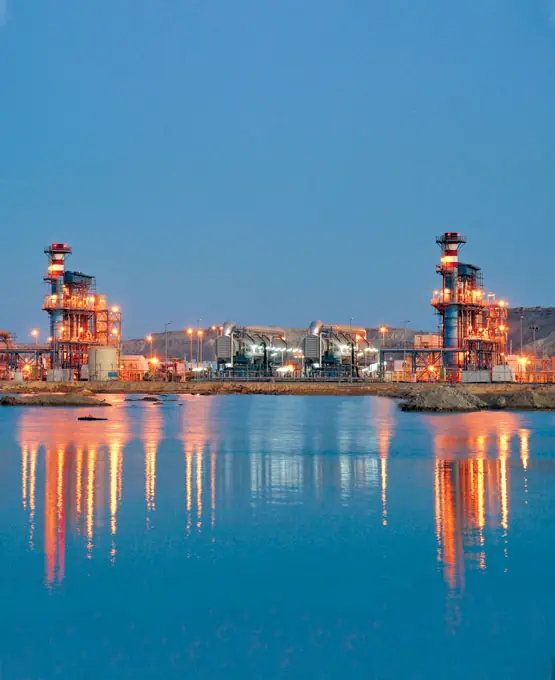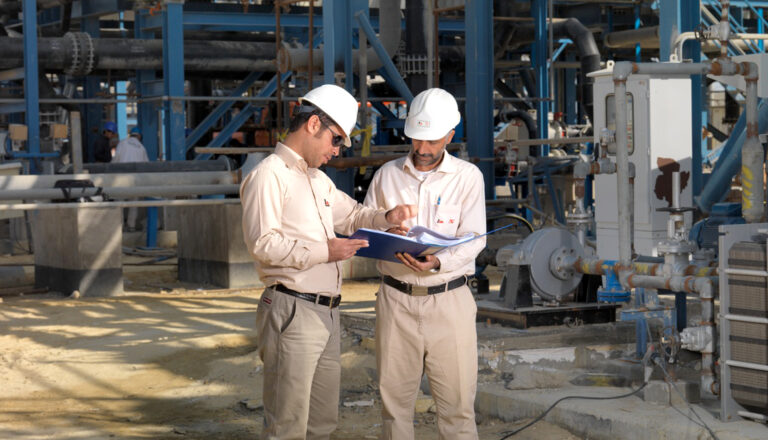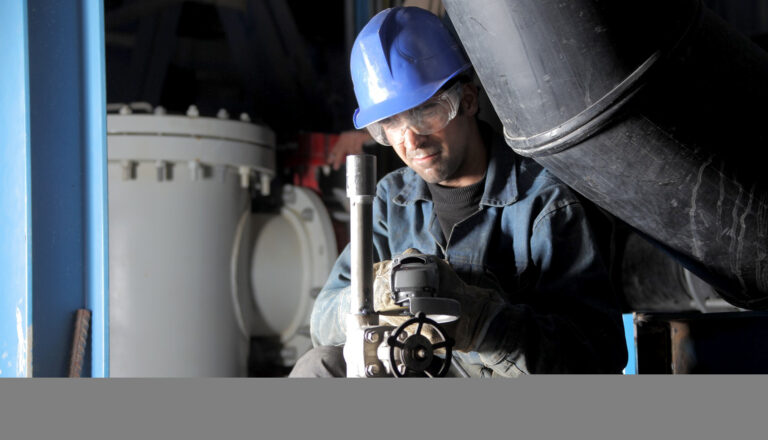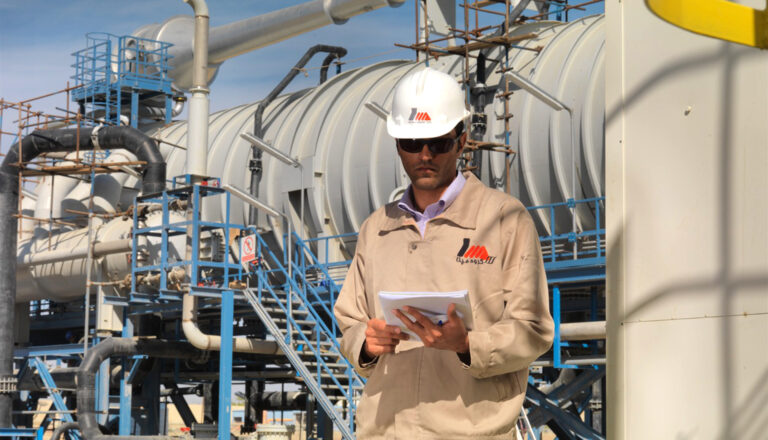
Mapna Group
Water Industry
The 2000s marked the beginning of water scarcity and drainage of Iran’s catchment areas, due to a number of factors, including the rapid population growth and its impact on increasing water consumption, and resource mismanagement, combined with the country’s semi-arid geography and low annual rainfall (about 243 mm, which is less than one-third of the global average).
Located in an arid and semi-arid region, Iran has suffered from drought for decades. The country has a diverse climate and a heterogeneous precipitation pattern, with one percent of the country receiving more than 1000 mm of rainfall, while some regions, such as the Eastern Basin, just receive about 148 mm of rain per year. Challenges in supplying potable, agricultural and industrial water, drying of lakes, rivers and wetlands, declining groundwater levels, land subsidence, water quality degradation, soil erosion, desertification and dust storms are the clear signs of this crises.
Water stress management strategies are divided into two categories: short-term and long-term solutions. Short-term solutions are primarily centered on supply management, and long-term solutions are mainly based on demand management as well as the macro policies of the water sector.
Water desalination is one of the most feasible approaches of supplying water in regions that have access to seawater. Common desalination methods include thermal methods (including MSF or MED), membrane methods (RO) and hybrid thermal and membrane methods.
Iran’s desalination plants have a capacity of approximately 600,000 cubic meters per day, which is currently significantly less than the capacity of desalination plants established in other Persian Gulf littoral states. Article 36 of the Sixth Development Plan requires the Energy Ministry to supply 30 percent of the water necessary by coastal cities adjacent to the Persian Gulf and the Sea of Oman through desalination facilities. This rule also mandates that at least 70% of the equipment used in these plants be manufactured in Iran.
Sanitary and industrial effluents, on the other hand, are another important source of unconventional water that can be treated and used in agriculture and industry. Article 37 of the Sixth Development Plan Law requires the government to take the necessary efforts to increase the coverage of the country’s municipal sewerage network by at least 25%. The program also provides for the sale of effluent or the assignment of effluent to investors as a form of financing. The scheme also allows for the assignment of effluent to investors or the sale of effluent as a method of financing.
Taking into account its social responsibility and concerns about national challenges, MAPNA Group has entered the critical water sector by investing, engineering, construction, implementation, and operation of thermal and membrane desalination projects, as well as supplementary wastewater treatment plants.
Water Industry
Services
Design, Supply, Installation & Commissioning of Wastewater Treatment Plants

MAPNA Group, with the help of its subsidiaries and skilled human resources active in the field of water and wastewater, plays a vital role as an EPC contractor in the country’s wastewater treatment projects.
Repair, Maintenance & Operation of Desalination & Wastewater Treatment Plants

Development of modern technologies and facilities for water desalination and wastewater treatment entails efficient ancillary services such as operation, maintenance, repair and inspection of such facilities.
MAPNA Operation and Maintenance Company (MAPNA O&M), as one of the largest operating companies nationwide, delivers comprehensive solutions and services to the critical water and energy sectors, with a focus on increasing the life cycle and value of its clients’ assets.
Design, Supply, Installation and Commissioning of Desalination Plants

As an EPC contractor, MAPNA Group provides a wide range of services for the supply, installation, and commissioning of various water desalination facilities, including thermal desalination plants MED-TVC, membrane seawater desalination plants (SWRO), brackish water desalination plants (BWRO), and hybrid desalination plants that combine both thermal and membrane desalination methods. Depending on the nature of each project, one of MAPNA Group subsidiaries is assigned as an EPC contractor to provide engineering, procurement, and construction services.
Water Industry
Products
MAPNA Group, as a pioneering industrial enterprise, has prioritized the localization of water industry equipment in accordance with plans to tackle water scarcity, which is currently the country’s biggest challenge.